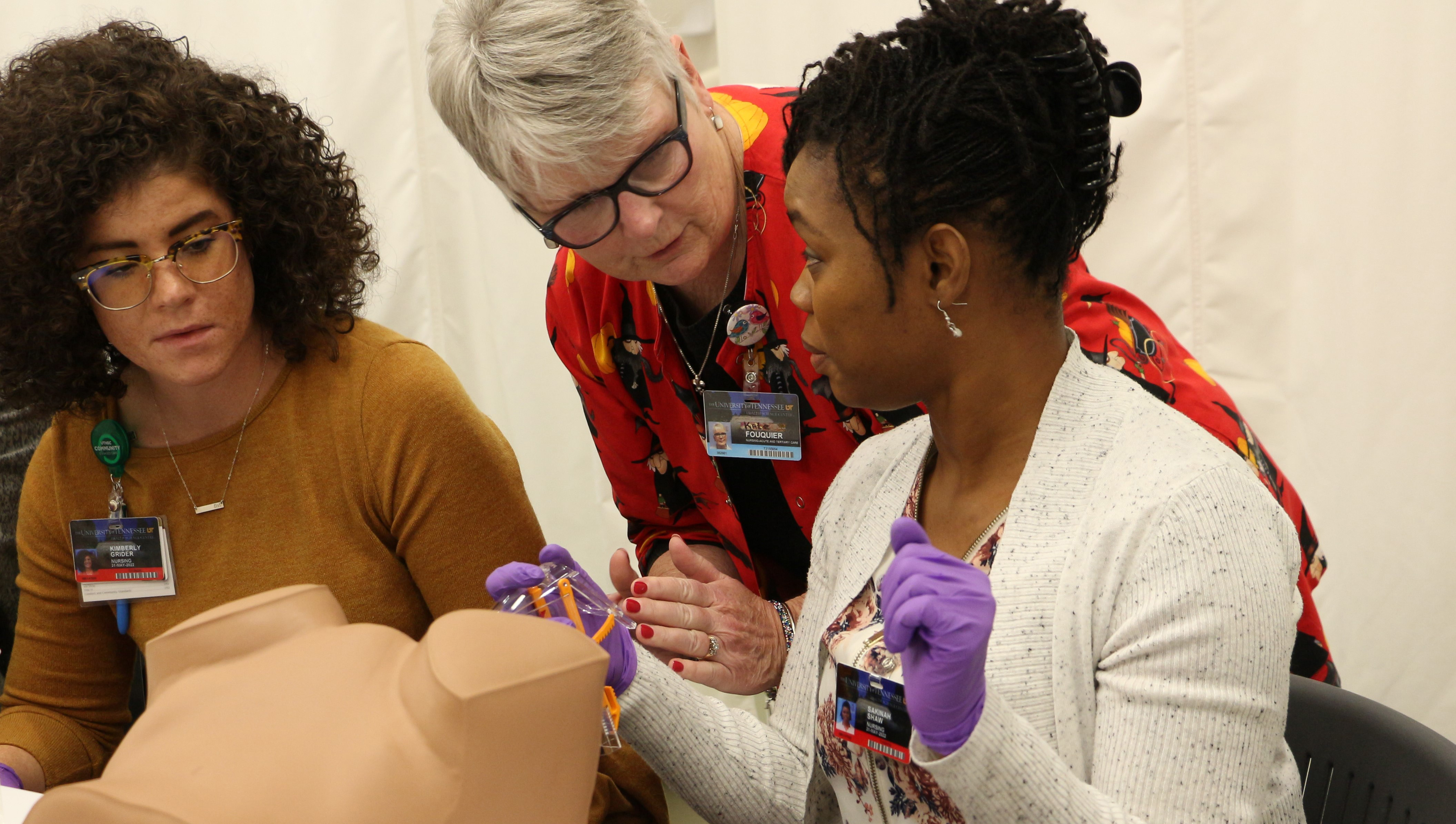DOI
10.21007/con.dnp.2022.0018
Faculty Advisor
Diana Dedmon, DNP, FNP, BC
Subject Matter Expert
Audrey Elion, PhD
Document Type
Poster
Publication Date
Spring 4-11-2022
Disciplines
Analytical, Diagnostic and Therapeutic Techniques and Equipment | Community Health | Community Health and Preventive Medicine | Health and Medical Administration | Health Services Research | Investigative Techniques | Medical Education | Medicine and Health Sciences | Mental and Social Health | Nursing | Pediatric Nursing | Psychiatric and Mental Health Nursing | Public Health | Public Health and Community Nursing
Abstract
Purpose The purpose of this scoping review was to address trauma-informed care, juvenile justice systems, and recidivism rates. The literature review conducted identified key research and analysis of effective trauma-informed treatment methodologies, referrals, and accessibility of care for justice-involved youth, and the rate change of recidivism related to trauma-informed treatment and interventions.
Background The high rates of recidivism in the juvenile court systems matched with the increased prevalence of psychological trauma in justice-involved youth represent the need for implementing trauma informed care. The scoping review analyzed the research implementing the intervention of trauma informed care to determine if it resulted in justice involved youth more likely to have a higher success rate of regulating trauma symptoms and behaviors, thereby decreasing recidivism rates.
Methods The scoping review was conducted following the Preferred Reporting Items for Systematic Review and Meta-analysis (PRISMA) reporting guidelines for scoping review. A computerized database search of PubMed, Social Science Research Network (SSRN), and Scopus was performed. Scientific articles, approved by an international peer review board and published in medical, social science, or nursing journals were included.
Results The findings of the scoping review analyzed trauma-informed approaches and effective justice interventions in the juvenile justice system’s impact on reducing recidivism. Common trends included the ongoing need to establish standardized assessments of trauma, improve trauma-informed programs, and development of trauma interventions system-wide.
Implications for Nursing Practice Nursing serves as a trauma informed intervention for justice involved youth to reduce recidivism rates. Creating awareness of trauma informed care through nursing education provides current and future healthcare workers the education and tools to effectively reduce recidivism in justice-involved youth. The goal of utilizing nursing’s unique role in this patient population is to implement trauma informed care and prevent additional trauma experiences.
Recommended Citation
Beecham, Tamika; Gray, Marissa; Husband, Shelby; and Dedmon, Diana DNP, FNP, BC , "A Scoping Review: Trauma Informed Care for Justice Involved Youth to Decrease Recidivism" (2022). Doctor of Nursing Practice Projects. Paper 18. http://dx.doi.org/10.21007/con.dnp.2022.0018.
https://dc.uthsc.edu/dnp/18
Included in
Community Health Commons, Community Health and Preventive Medicine Commons, Health and Medical Administration Commons, Health Services Research Commons, Investigative Techniques Commons, Medical Education Commons, Pediatric Nursing Commons, Psychiatric and Mental Health Nursing Commons, Public Health and Community Nursing Commons


